The Board of Regents will be presented with a proposal to increase tuition for the 2024–25 school year by 3% this month, which if passed would result in WSU becoming the most expensive public university in the state of Washington.
Leslie Brunelli, executive vice president for finance and administration, said the tuition increase is necessary to compensate for revenue losses as a result of decreased enrollment in the past few years.
“The funding sources for the university are primarily student tuition and fees,” she said. “That’s about roughly 90% of our entire operating budget.”
If expenses increase, the school’s revenue needs to increase in an equivalent way, Brunelli said. However, due to the pandemic and decreased student enrollment, WSU has been unable to meet that financial threshold.
“The challenge over the last 2–3 years has been that inflation is really outstripping our ability to increase revenue,” Brunelli said.
In addition, WSU has been asked by the state of Washington to perform salary increases for their employees, she said. While the state does provide some revenue to the school, it is only a fraction of what is required in order to pay for the staff and faculty’s salaries.
“We have to make up the difference in the salaries for our administrative professionals and faculty,” Brunelli said. “And the only way to do that is to raise tuition or to cut costs in other places.”
Across all WSU campuses, enrollment is down by about 4,000 students when compared to pre-COVID statistics, she said.
“This is our third year of budget cuts since COVID,” Brunelli said. “And unfortunately, with enrollment not rebounding to where it was in 2019 or 2020, tuition is the place we have to go to raise additional revenue.”
ASWSU Senator Ryan Stroup has authored a resolution calling for more financial transparency from university administration
Stroup said that if the tuition increase was implemented, it would raise resident undergraduate student tuition from $10,976 to $11,305, and non-resident undergraduate student tuition from $27,052 to $27,864.
This would mean that tuition fees for resident undergraduate students would increase by about $329 on average, and $812 for non-resident undergraduate students. Stroup said he supports the tuition increase, but his main goal with the resolution is to provide students and parents with the necessary financial knowledge they may need.
“Basically what I want to do is take this information about tuition increases, and make it easy to understand for students, staff and parents,” he said.
While there are some financial statements included in the Student Government Council presentation, as well as the university accounting portion on the school website, Stroup said he thinks the information regarding tuition fees and other finances should be more accessible.
“For the average student, there’s lots of pages to dig through, and the information is there, but it’s not easy to understand,” he said. “That’s basically what this resolution is about – understanding these tuition increases and WSU’s financial situation in general.”
Stroup said he believes it is the university’s responsibility to make this sort of financial information more accessible and easy to understand for all WSU students and parents.
“As a state land-grant institution, we really have a responsibility to ensure that campus financial information is attainable and accessible for the general public,” he said. “And that’s what we’re really trying to do here.”
Stroup said he hopes to attain more transparency regarding inflows and outflows and justification for the tuition increase through the use of his resolution. The Board of Regents will be voting on the tuition increase in January, Brunelli said. If approved, it will go into effect during the fall 2024.






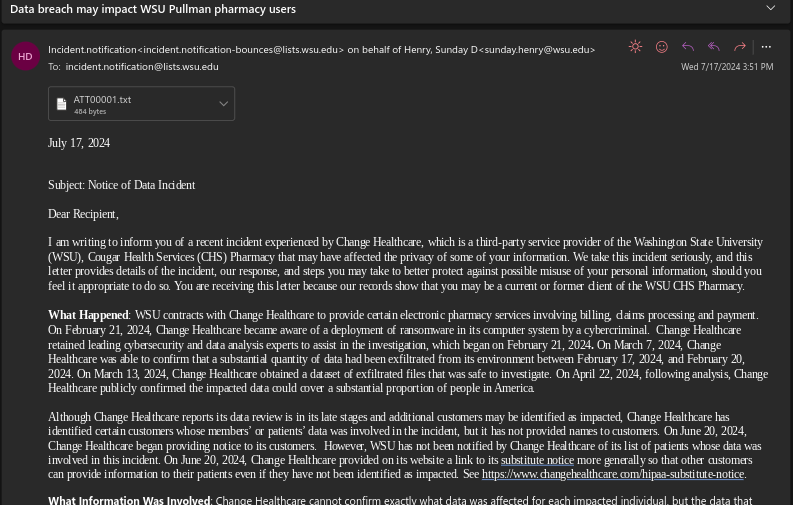
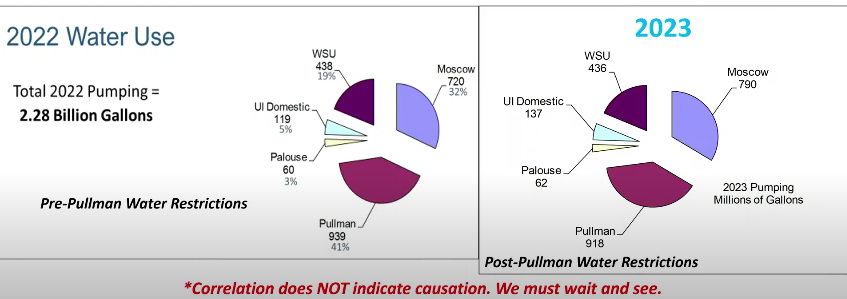

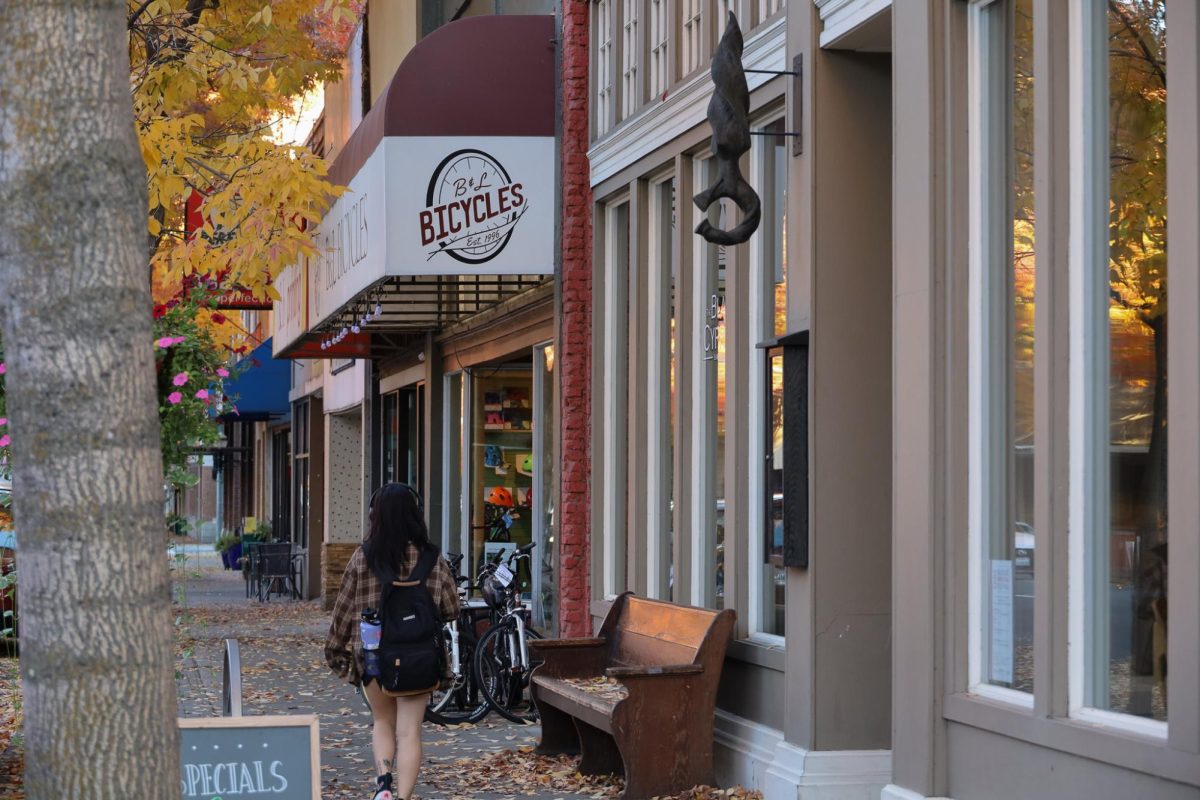

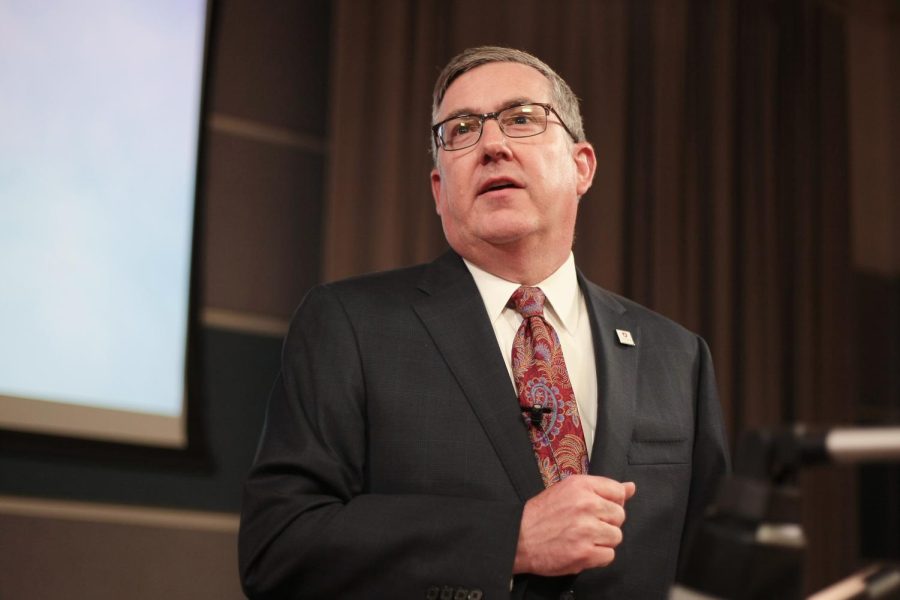
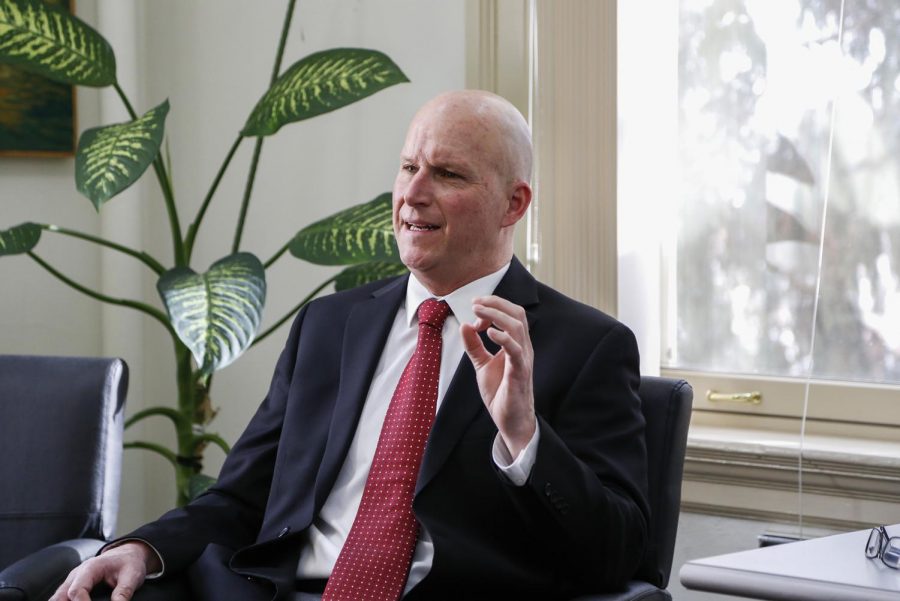
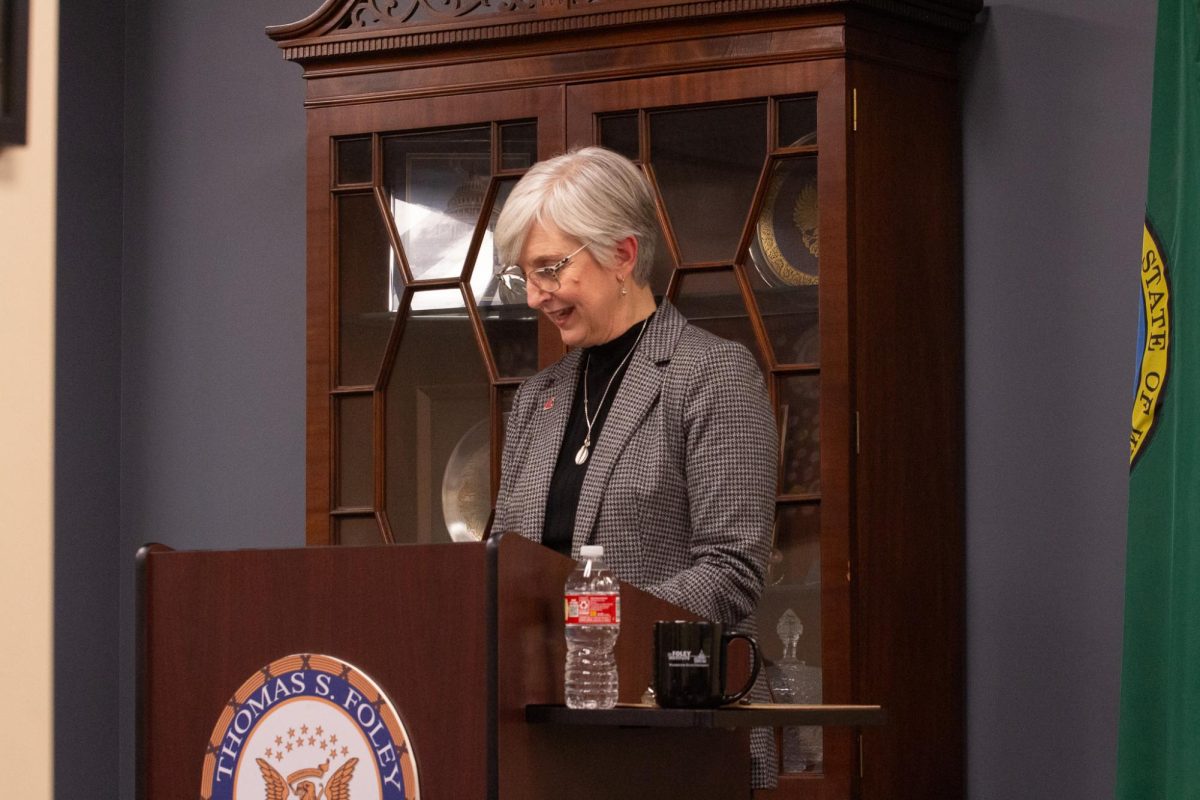






Anderew • Dec 8, 2023 at 8:16 am
So fewer students, and less revenue, but lets raise tuition to make up the difference. WSU has been steadily increasing tuition for years. Yes, I know we skip a year or two between increases but we haven’t done very many tuition cuts. Maybe if we did that, WSU would be more affordable and more students would come here, there by raising our enrollment. It’s economics, the economy is rocky, inflation is here to stay, its getting harder for households who don’t make 200K a year to send their kids to college. WE ARE NOT a Harvard or YAL or even UW for that matter…. Anyone wonder why the more affordable educational institutions have all seen enrollment increases? Before we go raising tuition maybe we should look at cutting our operation budget and working with what we have. Maybe lets look at faculty and our ever expanding administrative leadership and their departments that keep multiplying. WSU keeps feeling more top heavy all the time with too many leaders raking in plush big time salaries. When is the last time we looked at just how many heavy administrative and faculty positions we are paying for? I get it that we feel like we have to be competitive with University of Washington, and all the other PAC 12 university that left us but, at what cost? Come on, maybe try and do a little more with a little less for once. Obviously spending more and more is not working for us. Let’s go back to what made WSU great, a farm town school, grounded in our community, we have always been small and have done some great things with what we have. Maybe we should stop trying to be bigger then we are. Lets take what we do well and do it better!
Ryan • Dec 8, 2023 at 6:23 am
They just raised it last year, I have an idea take it out of Kirk Shultz and Jake Dickerts multi million dollar salaries.
Jim • Dec 5, 2023 at 7:44 pm
So, if there are fewer students and that is a primary factor affecting the budget, doesn’t that translate into a need for fewer teaching professors?